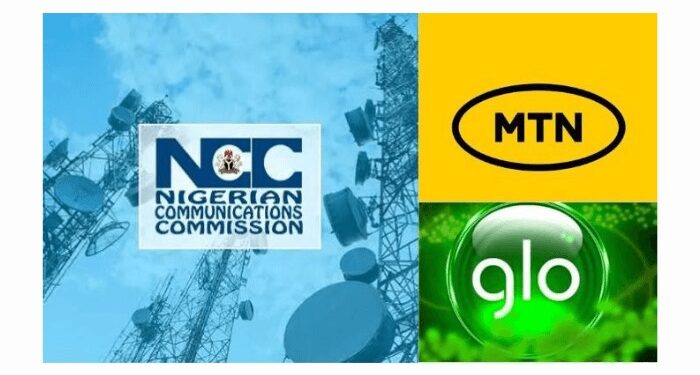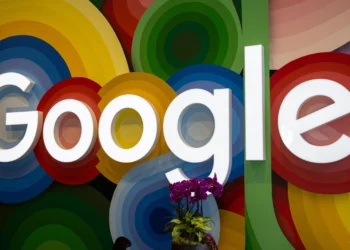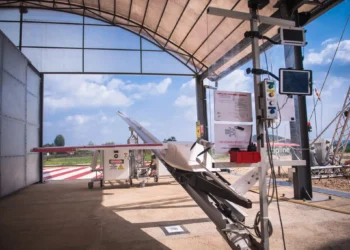Starting Friday, January 10, 2025, Nigerians will pay higher rates for voice calls, SMS, internet data, and other telecom services. This follows over a decade of lobbying by telecom operators, who have highlighted how inflation and currency devaluation have made the existing rates unsustainable. Sources reveal that the Nigerian Communications Commission (NCC) will unveil the revised tariffs after months of dialogue with telecom companies and stakeholders.
During a stakeholders’ forum held on Wednesday, Bosun Tijani, the Minister of Communications, Innovation, and Digital Economy, confirmed the impending adjustments. He emphasized that while telecom companies have faced soaring operational costs—estimated at over 300% in the past two years—the new rates will remain below the 100% hike some providers had initially suggested.
“The increase won’t be as steep as 100%,” Tijani assured. “The NCC will provide a detailed framework for implementing the changes soon.”
Telecom operators have been pushing for tariff revisions since at least mid-2022, when they proposed a 40% hike. If implemented, this could see call rates jump from ₦11 per minute to ₦15.40, SMS costs rise from ₦4 to ₦5.60, and 1GB of data increase from ₦1,000 to ₦1,400. Recognizing the financial strain such adjustments may place on consumers, some operators are advocating for incremental increases rather than an abrupt surge.
Airtel Nigeria’s CEO, Dinesh Balsingh, shared this sentiment in an exclusive article for TechCabal. “We support a phased approach to tariff adjustments to minimize consumer impact,” Balsingh said. “The additional revenue will allow us to upgrade infrastructure, enhance network coverage, and deliver better services. These steps will help keep Nigeria competitive in the digital economy.”
The tariff revisions are aimed at helping operators manage soaring costs, but the government is also stepping in to address infrastructure challenges. Plans are underway to launch a massive 90,000km fibre optic network across the country’s 774 local government areas in the second quarter of 2025. The initiative aims to enhance broadband penetration and reduce reliance on private investments in critical infrastructure.
Minister Tijani reiterated the government’s commitment to ensuring both affordability and quality of service in Nigeria’s telecom sector. “Infrastructure development cannot rest solely on private operators,” he stated. “The federal fibre optic project will lay a solid foundation for a more inclusive and reliable telecom experience for all Nigerians.”
With this dual strategy of tariff adjustments and government-backed investments, Nigeria is positioning itself to maintain robust telecom services that support its digital and economic aspirations.




